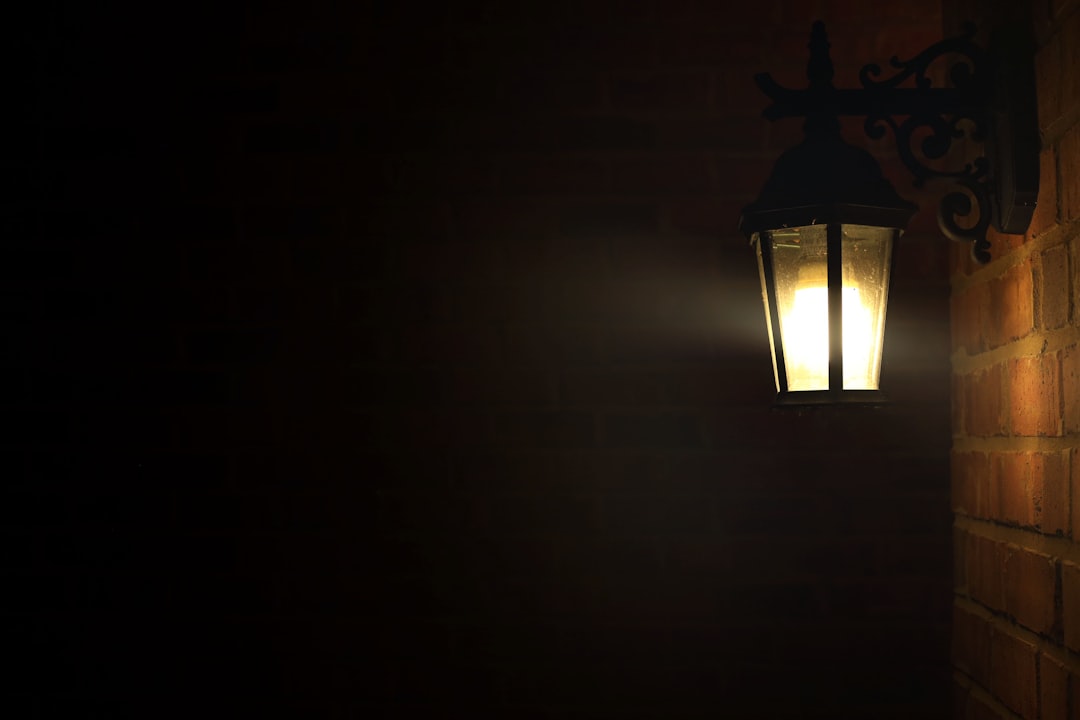Is Your Night Light Making You Fat?
A new study links nighttime light exposure to poor metabolic health.

I love sleep. I guard it jealously, on a personal level; and promote it unabashedly, as a physician. When I see headlines like this, therefore, I start nodding my head — of course anything that disrupts sleep quality will unleash all sorts of health evils!
The study came from a sleep research group at Northwestern University. I do not have reason to believe they receive funding from the My Pillow guy, Tempur-Pedic mattresses, or the moon and/or stars. I think they believe sleep is good for you, and I don’t disagree. I do question, however, whether night lights are really making people fat.
Their work, published in the journal, Sleep, used an actual light-sensing device worn by study participants at home to evaluate light exposure during sleep. Less than half of the roughly 550 adult participants in their 60s, 70s, and 80s had dark conditions for 5 full hours of sleep. Those who did were healthier than those who did not, as per this handy chart (note: no effect seen for cholesterol levels):
The authors responsibly observe that association does not prove causation; and apparently are considering an interventional study to see if taking light out of people’s bedrooms will improve metabolic health markers. After all, the risk of confounding is high in a study like this. Perhaps, for example, less healthy people have fallen when getting out of bed at night, so are reluctant to sleep in true dark. The medications that tag along with diabetes and hypertension, or higher rates of second or third shift work in a demographic with more health issues, might be associated with poor sleep and a habit of using screens during nights made long by insomnia. It’s hard to root out potential biases of this nature.
Does the concept have biologic plausibility, though? Sure enough, there are leagues of studies out there showing that even one night of disrupted sleep can upset metabolic markers. The lead author and her team published a study in March in PNAS finding changes in blood sugar metabolism among young, healthy subjects after a single night in a normally lit room. Well, that was their conclusion, anyway; I found the confidence intervals large for my tastes, and the differences rather unremarkable.
I think a cautionary tale can be found in the example of sleep apnea. Somewhere around 15 years ago, as CPAP devices and masks became less onerous and patients actually became willing to sleep hooked into a bedside machine, the push for screening everyone who has ever snored with a sleep study so we can save them from their sleep apnea grew to a clamor. We were promised weight loss, improved blood pressures, and better morning blood sugars, once our patients were off the cortisol-fueled roller coaster of hundreds of mini-awakenings per night. It all made sense.
However, after making a lot of promises to my sleep apnea patients if they would start using a CPAP machine — “we’ll get you off one of your blood pressure medications,” “we’ll be able to cut your insulin doses,” etc. — I found that I delivered on essentially none. In fact, when actually studied, treating sleep apnea barely moves the needle on glucose metabolism. If treating the ravages on the autonomic nervous system of repeated wake-ups from not breathing doesn’t really improve someone’s metabolic health, would I expect much from dimming their night light? Answer: not at all.
There is another lesson from sleep apnea that can be applied here, though. The majority of people really do feel better if they treat their sleep apnea. This claim passes the eye test amongst my patients. A restful sleep is one of the foundational bedrocks of good health, and anything promoting sleep quality strikes me as the low-hanging fruit of health messaging.
I do believe in the work of sleep physiologist/evangelist, Dr Matthew Walker, whose book, Why We Sleep, could make the most ardent lover of all-nighters want to curl up in bed by 9PM. People feel better when they get enough sleep. They think better. Their immune system works better. I can’t promise my patients who fret about becoming demented that 8 hours of nightly sleep will reduce their risks of cognitive decline — again, the confounders afflicting research on the subject are enormous — but I do feel like it’s the best advice I can give.
So, yes — toss the night light (just make sure you have a clear path to the bathroom in the dark!). Move your TV out of the bedroom. Let your smartphone pass the night alone in the kitchen. We probably evolved to sleep best in a dark place, without a lot of distractions to turn on our busy minds. But please don’t write me an angry email in a month if you haven’t lost those ten pounds.





Be warned: to read Walker's excellent book is face the reality that nighttime wine probably isn't helping. I'm both glad and pissed to have learned this.
The light-sleep issue seems like a very interesting (promising?) area of research. Thanks for covering.
Correlation-Causation anecdotes at their questionable best. Older people use floor-level night lights because they have to get up to use the bathroom and don't want to wake other members of the family. Moonlight bathing the house is generally much brighter than the night lights.